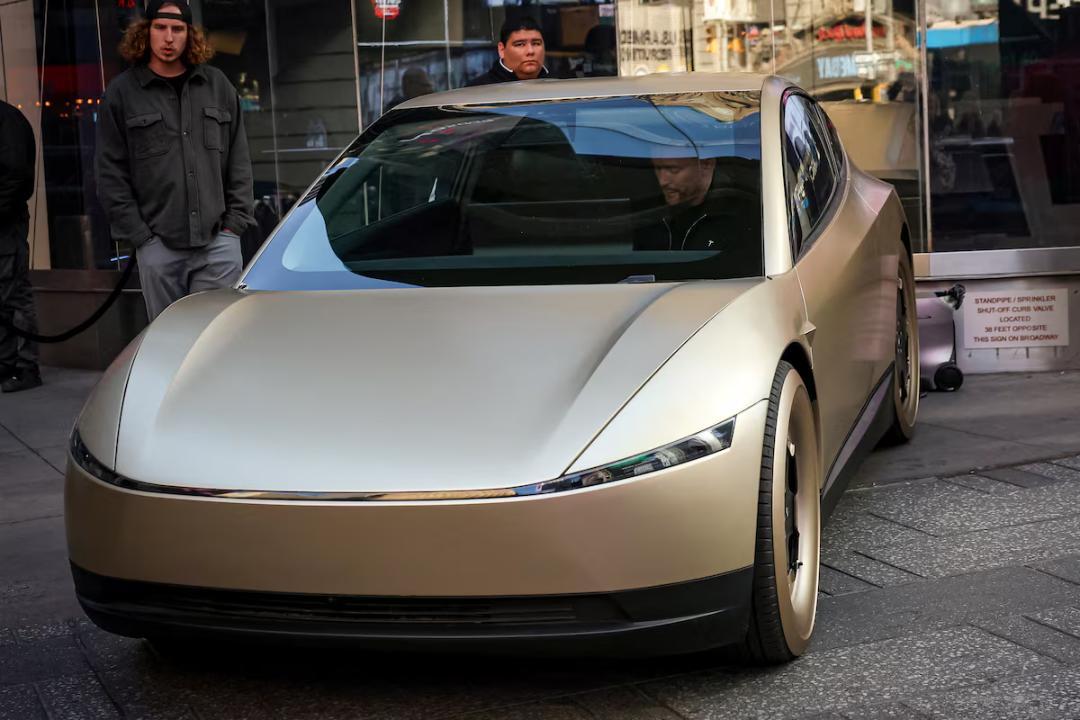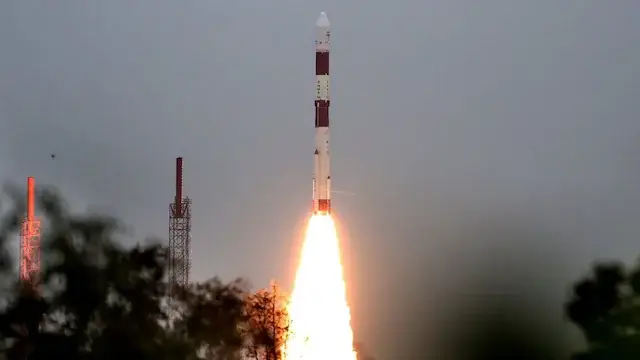
Musk’s Tesla bans Chinese parts for making its US cars: Report
In a significant move, Elon Musk’s Tesla has announced that it will no longer be using Chinese-made components in the manufacturing of its cars in the US. According to a report by the Wall Street Journal, the automaker has urged its suppliers to exclude China-made parts from their supply chains, citing concerns over the origin of the components. This decision is seen as a major shift in Tesla’s strategy, as the company has been increasingly reliant on Chinese suppliers in recent years.
The report states that Tesla has already replaced some Chinese components with those made in other countries, and aims to switch the remaining ones with non-Chinese parts by 2027. This move is likely to have significant implications for Tesla’s supply chain, as well as for the company’s relationships with its Chinese suppliers. It is also likely to have an impact on the global automotive industry, as Tesla is one of the largest and most influential players in the electric vehicle (EV) market.
The decision to ban Chinese parts from Tesla’s US-made cars comes at a time when the company’s sales in China are facing significant challenges. According to recent data, Tesla’s China-made EV sales fell 9.9% year-over-year to 61,497 units in October. This decline is likely due to a combination of factors, including increased competition from local Chinese automakers, as well as ongoing trade tensions between the US and China.
Despite the challenges it is facing in China, Tesla remains committed to its goal of becoming a global leader in the EV market. The company has been investing heavily in its manufacturing capabilities, including the construction of new factories in the US and Europe. It has also been expanding its product lineup, with the introduction of new models such as the Model Y and the Cybertruck.
The decision to ban Chinese parts from Tesla’s US-made cars is likely to be seen as a positive move by many of the company’s customers, who may be concerned about the origin of the components used in their vehicles. It is also likely to be seen as a strategic move by Tesla, as it seeks to reduce its reliance on Chinese suppliers and mitigate the risks associated with trade tensions between the US and China.
However, the move is also likely to have significant implications for Tesla’s relationships with its Chinese suppliers, who may be impacted by the decision to exclude Chinese-made parts from the company’s US-made cars. It is also likely to have an impact on the global automotive industry, as other companies may be forced to re-evaluate their own supply chains and consider the risks associated with using Chinese-made components.
In recent years, Tesla has been at the forefront of the EV revolution, with its innovative products and manufacturing techniques helping to drive the adoption of electric vehicles around the world. The company’s decision to ban Chinese parts from its US-made cars is likely to be seen as a significant milestone in this journey, as it seeks to reduce its reliance on Chinese suppliers and mitigate the risks associated with trade tensions between the US and China.
As the EV market continues to evolve, it will be interesting to see how Tesla’s decision to ban Chinese parts from its US-made cars plays out. Will other companies follow suit, or will they continue to rely on Chinese suppliers for their components? How will the move impact Tesla’s relationships with its Chinese suppliers, and what implications will it have for the global automotive industry?
Only time will tell, but one thing is certain: Tesla’s decision to ban Chinese parts from its US-made cars is a significant move that is likely to have far-reaching implications for the company, its suppliers, and the global automotive industry as a whole.
In conclusion, the news that Tesla is banning Chinese parts from its US-made cars is a significant development that is likely to have significant implications for the company, its suppliers, and the global automotive industry. As the EV market continues to evolve, it will be interesting to see how this move plays out, and what impact it will have on the company’s relationships with its Chinese suppliers and its position in the global market.






